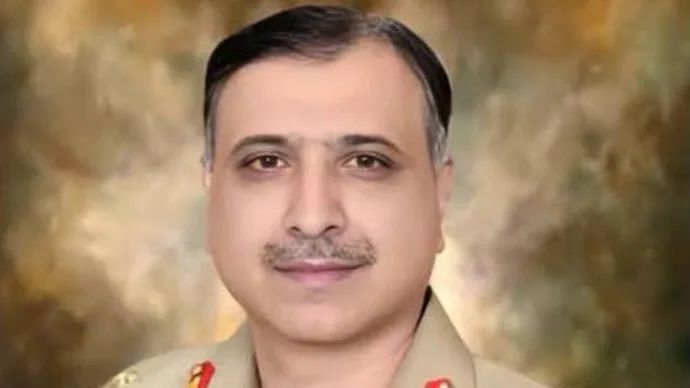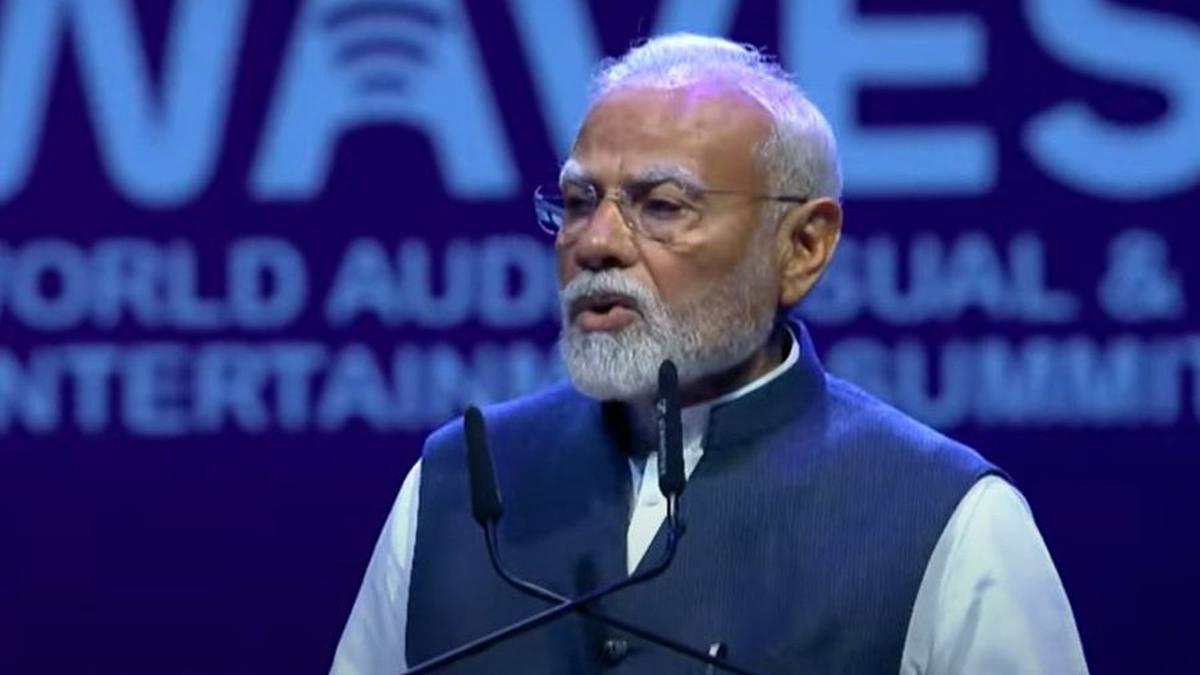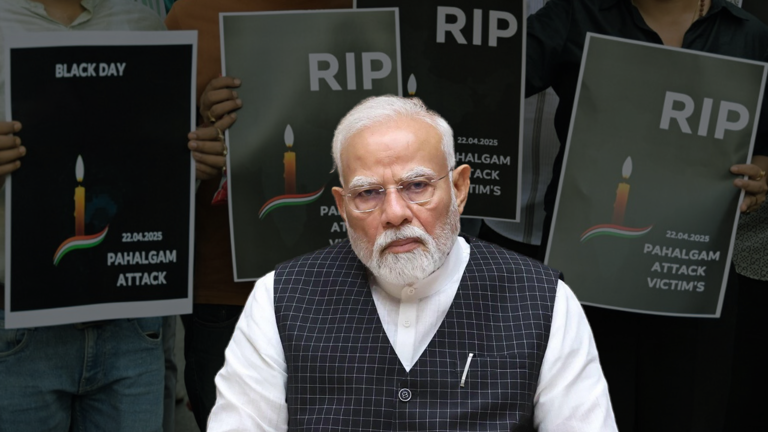
Asim Munir’s NSA Role: Implications for India-Pakistan Relations
In a significant move amid escalating tensions with India, Pakistan has appointed Inter-Services Intelligence (ISI) chief Lt. Gen. Asim Munir as its new National Security Advisor (NSA). The decision comes just days after a deadly terror attack in Pahalgam, Jammu and Kashmir, which India has blamed on Pakistan-based militants. The appointment signals Islamabad’s hardened stance on security matters, further straining the already fragile relations between the two nuclear-armed neighbors.
Why Pakistan Chose Asim Munir as NSA
Lt. Gen. Asim Munir, a seasoned military officer with extensive experience in intelligence and counterterrorism operations, is no stranger to high-stakes security challenges. His elevation from ISI chief to NSA underscores Pakistan’s focus on tightening its national security apparatus, particularly in the wake of rising cross-border tensions.
Munir’s tenure as ISI chief was marked by a firm approach toward militant groups and a strong grip on Pakistan’s internal security dynamics. His appointment as NSA suggests that the Pakistani establishment is prioritizing a military-driven security strategy, sidelining diplomatic overtures for now.
The Pahalgam Terror Attack: A Flashpoint in India-Pakistan Relations
The Pahalgam terror attack, which claimed the lives of several Indian security personnel, has reignited hostilities between India and Pakistan. New Delhi has accused Pakistan-based terror groups, including Lashkar-e-Taiba (LeT) and Jaish-e-Mohammed (JeM), of orchestrating the assault.
India’s intelligence agencies have reportedly shared evidence with international bodies, alleging Pakistan’s ISI involvement in the attack. Islamabad, however, has denied any role, calling the accusations “baseless.” The appointment of Asim Munir as NSA at this critical juncture suggests Pakistan is bracing for heightened diplomatic and military pressure from India.
What Asim Munir’s NSA Role Means for India-Pakistan Relations
With Asim Munir now at the helm of Pakistan’s national security, experts predict a more aggressive posture from Islamabad. His deep roots in military intelligence mean that Pakistan’s counterterrorism and foreign policy strategies will likely align closely with the army’s vision.
For India, Munir’s appointment could signal tougher negotiations on Kashmir and counterterrorism. Given his background in the ISI, New Delhi may view his rise as a sign that Pakistan is doubling down on its proxy war strategy in Jammu and Kashmir.

International Reactions to the Appointment
The global community is closely watching the developments, with the US, UK, and EU urging restraint from both nations. The United Nations has also called for dialogue, fearing that another military standoff could destabilize the region.
However, with Asim Munir now in a key security role, Pakistan’s approach may lean more toward strategic defiance rather than diplomatic compromise. This could complicate efforts by international mediators to ease tensions.
Historical Context: Pakistan’s NSA Appointments and Military Influence
Pakistan has a history of appointing military officials as NSAs, reflecting the army’s dominant role in security policies. Previous NSAs, including Lt. Gen. (Retd.) Nasser Khan Janjua and Moeed Yusuf, also had strong military or intelligence backgrounds.
Munir’s appointment reinforces the trend of Pakistan’s military establishment dictating national security policies, often sidelining civilian leadership. This raises questions about whether Islamabad will pursue dialogue or adopt a hardline stance in future engagements with India.
India’s Response: Strengthening Counterterrorism Measures
Following the Pahalgam attack, India has intensified its counterterrorism operations in Kashmir. Security forces have conducted multiple raids targeting suspected terror hideouts, leading to several arrests.
Additionally, New Delhi is expected to push for greater global isolation of Pakistan on platforms like the Financial Action Task Force (FATF). India may also seek stronger counterterrorism partnerships with the US and Europe to pressure Islamabad.
Will There Be War? Assessing the Risk of Escalation
While both nations have engaged in limited military skirmishes in the past, a full-scale war remains unlikely due to nuclear deterrence. However, the risk of escalating border clashes or covert operations cannot be ruled out.
The appointment of Asim Munir as NSA may lead to more aggressive intelligence tactics from Pakistan, prompting India to retaliate with precision strikes or cyber warfare. The coming weeks will be critical in determining whether the two nations choose de-escalation or confrontation.
Read More Also:- Pahalgam terror attack
Pakistan’s decision to appoint ISI chief Asim Munir as NSA amid rising tensions with India underscores the deepening security crisis in South Asia. The Pahalgam terror attack has further strained relations, with little hope of immediate reconciliation.
As both nations bolster their military and intelligence postures, the international community must step in to prevent another dangerous standoff. For now, all eyes remain on Asim Munir and how his leadership will shape Pakistan’s next moves in this high-stakes geopolitical showdown.



